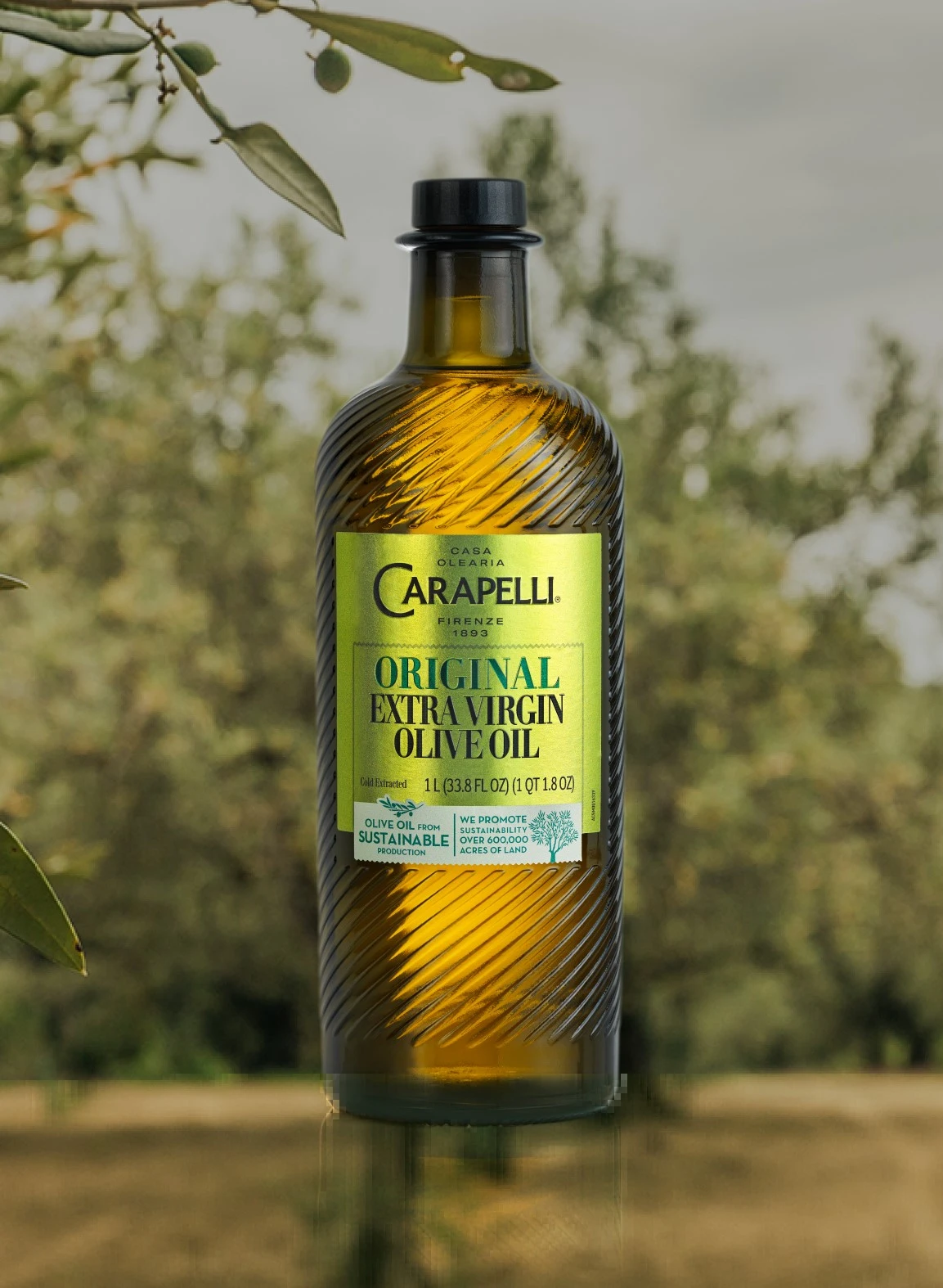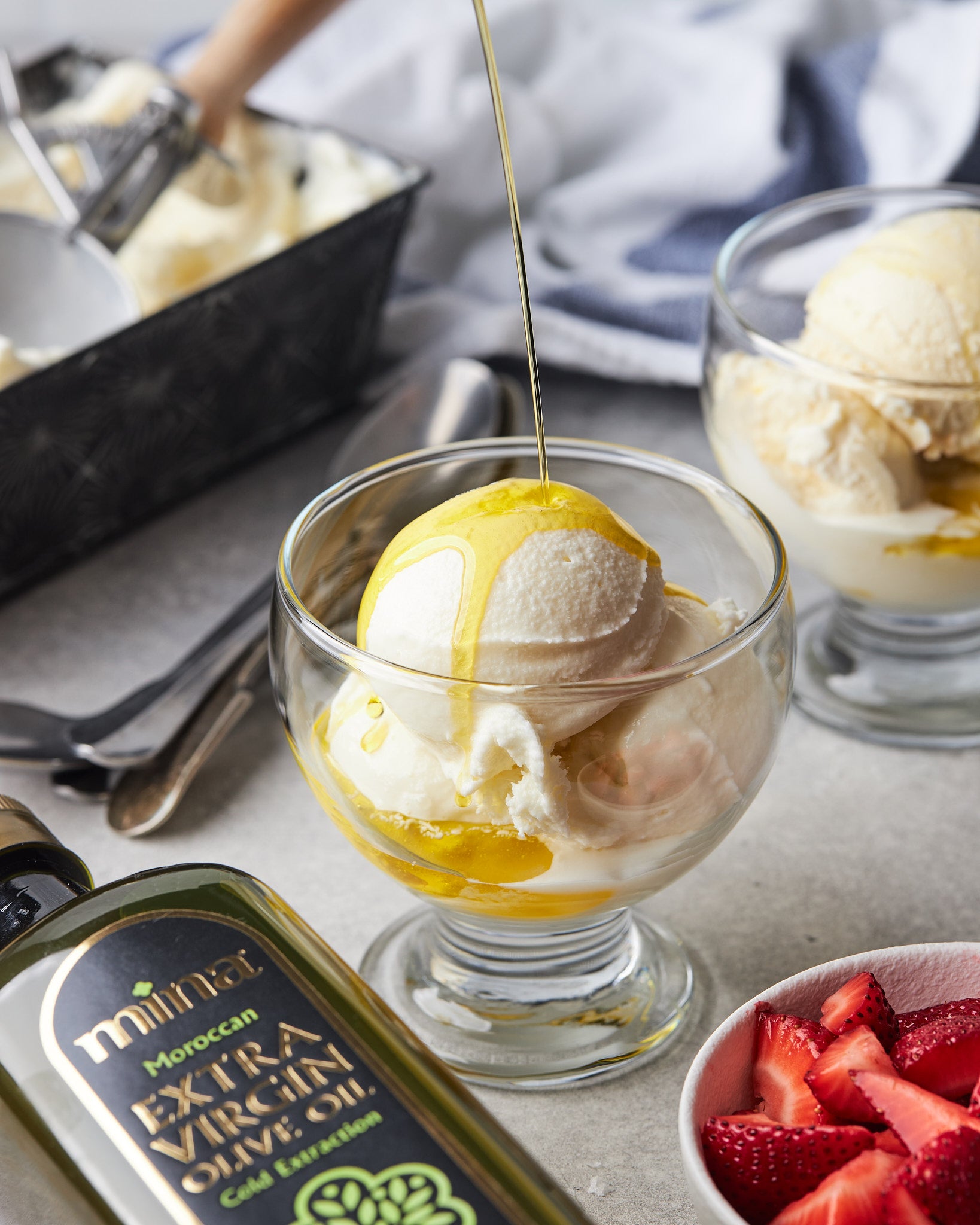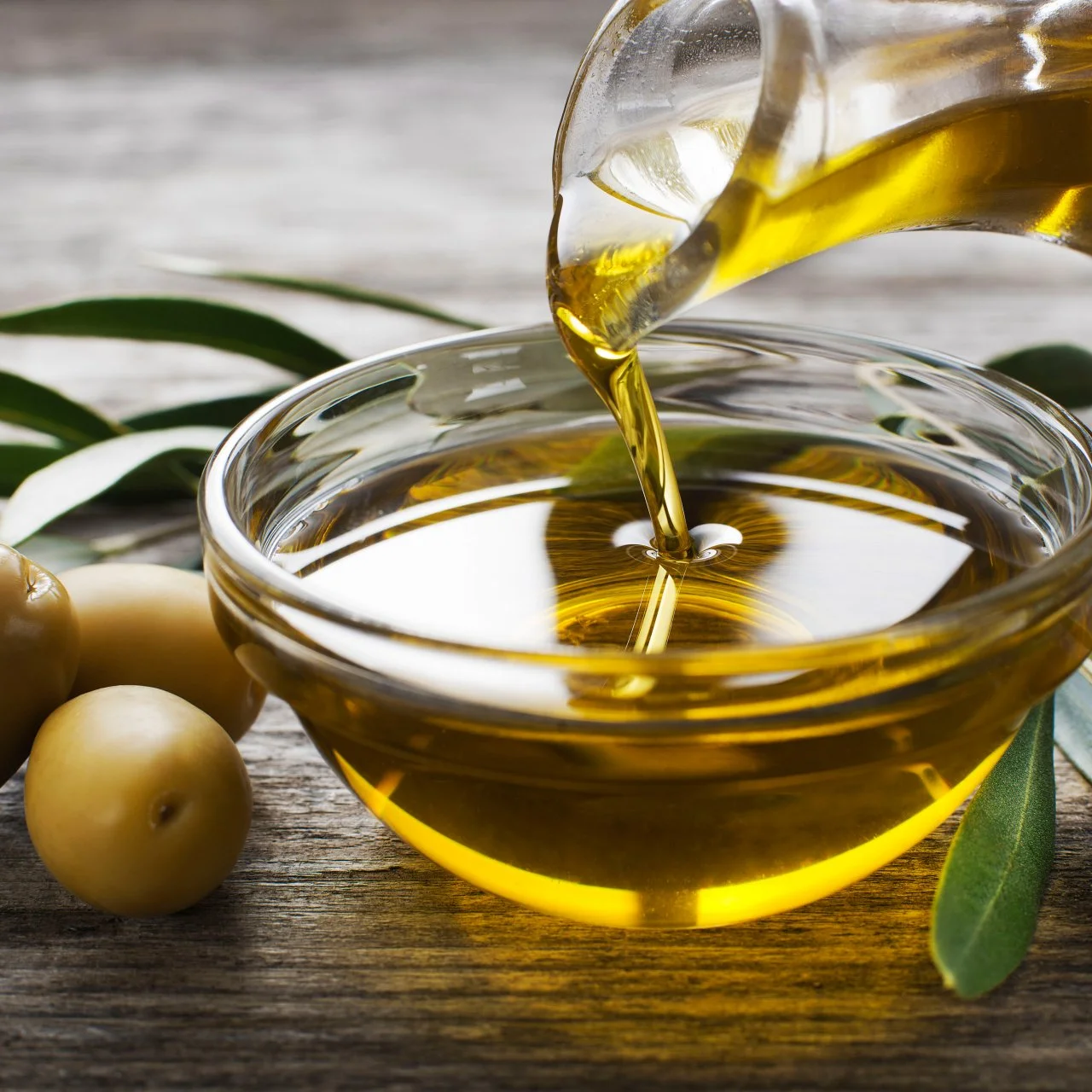Exploring the Extra Virgin Olive Oil Benefits for Reducing Blood Pressure
Exploring the Extra Virgin Olive Oil Benefits for Reducing Blood Pressure
Blog Article
Checking Out the Different Sorts Of Olive Oil and Their Uses, Including Additional Virgin Olive Oil
The exploration of olive oil includes a varied range of kinds, each offering cooking applications and distinct flavors. Additional virgin olive oil, renowned for its superior top quality and health advantages, offers as a staple in many kitchen areas, yet it is just one element of this multifaceted component.
What Is Olive Oil?
Obtained from the fruit of the olive tree, olive oil is a staple in Mediterranean food and a key component in different cooking applications. This functional oil is produced by pressing whole olives, leading to a liquid that differs in taste, aroma, and color relying on the sort of olives used, the area of growing, and the removal procedure. Olive oil is mostly made up of monounsaturated fats, specifically oleic acid, which is recognized for its potential health advantages, including anti-inflammatory homes and cardio support.
Along with its culinary uses, olive oil has a long history of application in traditional medication and skin care, owing to its abundant antioxidant material (extra virgin olive oil benefits). The oil is commonly utilized in dressings, marinates, and for cooking techniques such as sautéing and roasting. Its distinct flavor account can boost the preference of different dishes, making it a vital ingredient for both home cooks and specialist cooks
Moreover, olive oil is commemorated for its function in the Mediterranean diet regimen, which is linked with countless wellness benefits. As recognition of these advantages expands, olive oil remains to acquire appeal worldwide as an essential component of a healthy way of life.
Kinds of Olive Oil
Recognizing the different sorts of olive oil is necessary for both culinary fanatics and health-conscious consumers. Olive oil is classified largely based on its removal method and top quality, which considerably affects its flavor, wellness, and aroma advantages.

Light olive oil, regardless of its name, refers to a lighter flavor and not reduced calories. It is suitable for those seeking a more refined taste in dressings and marinates. In addition, there are flavored olive oils infused with natural herbs, flavors, or citrus, which can enhance meals without the requirement for added spices.
Each kind of olive oil offers certain culinary objectives, and comprehending these distinctions enables consumers to make enlightened choices that straighten with their cooking styles and health and wellness objectives.
Bonus Virgin Olive Oil
Bonus virgin olive oil (EVOO) is extensively considered as the finest quality olive oil readily available, celebrated for its rich taste and numerous wellness advantages. To be identified as added virgin, the oil should be produced from fresh olives utilizing mechanical processes, without making use of solvents or extreme warmth. This thorough technique preserves the oil's natural tastes, antioxidants, and healthy and balanced fats, leading to a product with a low acidity degree of much less than 0.8%.
EVOO is plentiful in monounsaturated fats, specifically oleic acid, which is connected to decreased swelling and boosted heart health. It likewise contains polyphenols, effective antioxidants that might supply protective impacts versus persistent diseases. The flavor profile of EVOO can differ significantly depending upon the olive range and area of manufacturing, ranging from fruity and grassy to durable and sharp.

Culinary Use Olive Oil

In food preparation, olive oil can be utilized for sautéing, roasting, and grilling, providing a healthier choice to butter or various other fats. Its original site high smoke factor makes it appropriate for numerous cooking techniques, while its anti-oxidants add to a heart-healthy diet. Drizzling olive oil over completed dishes, such as pasta, fish, or smoked veggies, can boost tastes and add a touch of elegance.
Moreover, olive oil plays a substantial duty in baking, where it can replace conventional fats in dishes for bread and breads, presenting dampness and a refined taste. It also works as a base for infused oils, allowing cooks to try out flavors such as garlic, natural herbs, or chili, additionally expanding its culinary potential. Overall, olive oil's adaptability makes it vital in both home and expert kitchens.
Finding High Quality Olive Oil
When selecting high quality olive oil, it's vital to consider numerous essential elements that affect the product's flavor, wellness, and scent benefits. Decide for added virgin olive oil (EVOO), which is derived from the very first cool pressing of olives and consists of the highest possible degrees of antioxidants and helpful substances. Search for oils that are accredited by identified organizations, as this commonly guarantees adherence to rigorous top quality standards.
The packaging likewise plays a substantial role in preserving the oil's stability. Select oils saved in dark glass containers or tins to protect against light deterioration. Focus on the harvest day; fresher oils supply superior flavor and nutritional value, so select products that are within 18 months of their harvest.
Be conscious of the taste; an excellent high quality olive oil ought to have wikipedia reference an equilibrium of fruity, bitter, and peppery notes, showing its richness and intricacy. By evaluating these factors, you can guarantee you are selecting the ideal olive oil for your culinary needs.
Verdict
In summary, the exploration of different kinds of olive oil exposes distinct features and applications, with additional virgin olive oil standing for the pinnacle of quality due to its low level of acidity and high antioxidant content. Recognizing the different varieties of olive oil enables for educated selections in food preparation techniques, advertising healthier practices while enriching the overall gastronomic experience.
Obtained from the fruit of the olive tree, olive oil is a staple in Mediterranean cuisine and a crucial active ingredient in various cooking applications.The most typical kinds of olive oil include refined olive oil, pure olive oil, and light olive oil.Additional virgin olive oil (EVOO) is extensively concerned as the highest possible quality olive oil offered, renowned for its abundant taste and numerous health and wellness advantages. Decide for extra virgin olive oil (EVOO), which is derived from the very first chilly pushing of olives and includes the greatest levels of antioxidants and valuable compounds.In recap, the expedition of numerous kinds of olive oil discloses unique attributes and applications, with extra virgin olive oil representing the peak of top quality due to its low acidity and high antioxidant material.
Report this page